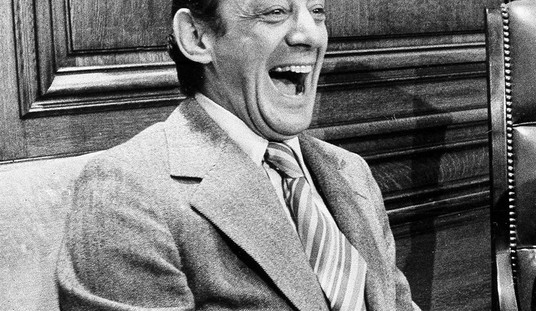There are very few things more annoying than parents who believe their child can do no wrong, except maybe parents who believe their child can do no right. Avoiding those extremes creates a conundrum for parents. In many situations, there is no cut and dry evidence; it often boils down to “which version of the story do you believe?” In those situations, I learned from my parents that it’s beneficial to cautiously side with your child.
During the states and capitals test in fourth grade, my teacher accused me of cheating. My desk was perpetually messy; books, papers, and other school supplies were all jammed together into the storage space under the seat. Naturally, things poked out of the side of my chaotic desk. During the aforementioned test, my teacher noticed that a homework sheet listing all of the states and capitals was conveniently sticking out of my desk. My lack of awareness of the homework sheet, however, proved to be inconvenient.
My teacher refused to believe my protestations of innocence, and she kept me in the classroom as my classmates went to music class. Alone in the room with her, she applied the authoritative screws and threatened me with a spanking if I didn’t ‘fess up. Being a frightened fourth grader, I eventually cracked and tearfully confessed to cheating on the test. A confession that wasn’t true.
After school had ended for the day, my teacher called my mom, who also taught at the school, for a conference. Emboldened by my mom’s presence, I recanted my forced confession. My mom sternly listened to both sides, quietly asking the occasional probing question. As the conference concluded, my mom calmly thanked the teacher and said that she and my dad would deal with it. I, of course, was terrified.
The ride home was agonizing, at least for me, and I fearfully slunk into the house expecting a swift and severe punishment. I tearfully awaited my fate as my mom convened with my dad in their bedroom.
Standing beside their bed when I walked in, my parents asked me to again recount what had happened. Although assuming that my fate had been sealed, I tearfully insisted that I had no idea that my homework paper had been sticking out of my desk and that I hadn’t cheated. To my shock, after I had finished, my parents told me that they believed me.
I have carried that poignant moment with me into fatherhood. Although, to be honest, that exercise of parental wisdom, discretion, and love often eludes me. Too frequently, I find myself regretting the manner in which I responded to my children during tough parenting moments. Not to be too hard on myself, I do have moments when I take cues from my parents.
This past week, my five-year-old son had a physical altercation with another little boy at Vacation Bible School. None of the teachers involved were able to give me a clear explanation of what happened. In fact, I heard contradictory stories – including my son’s version.
My son claimed that the other little boy had been sticking his finger in my son’s mouth and wouldn’t stop even when asked. According to my son, that’s why he decided to defend himself.
One version of the incident that I heard painted my son as the sole aggressor. Another version had my son and the other little boy on equal footing in terms of who initiated the physicality. While I do not approve of my son using physicality to solve playground issues, his version of what happened deserves a different response than the version that casts him as the sole aggressor. The latter version demands a much stiffer penalty that may also have required punitive measures. My son’s version, however, lands in the realm of a long and possibly uncomfortable talk with dad about better courses of action in that situation.
In the absence of any actual evidence, plus the fact that almost everyone involved had differing stories, I followed my parents’ lead from thirty years ago and told my son that I believed him.
After the fact, while reflecting, I was struck by how much of a positive effect my parents telling me that they believed me that day has had on me. During my childhood, there were other similar incidents when my parents chose to believe me. One of the results is that I learned the value of being honest to my parents. In contrast, there were other times in which my parents didn’t believe me, and rightly so, and those times taught me that things like how honesty and trust are important attributes that shouldn’t be taken for granted or abused. Most importantly, my parents’ response that day made it crystal clear that I was loved and that as long as I was being honest I never needed to fear communicating with them.
Of course, my parents weren’t perfect, and if I thought about it hard enough, I could probably come up with some anecdotes about times my parents believed me when they shouldn’t have and vice versa. But I don’t think that it’s an accident that the times that have stuck with me are the times when my parents rightfully gifted me their trust in moments when conventional wisdom may have suggested otherwise. Hopefully, I too am planting seeds in my children that will flower into an understanding of the value of honesty and trust. More importantly, I hope that my kids learn that I love them and that they can always come to me during sticky and unsure situations.









Join the conversation as a VIP Member